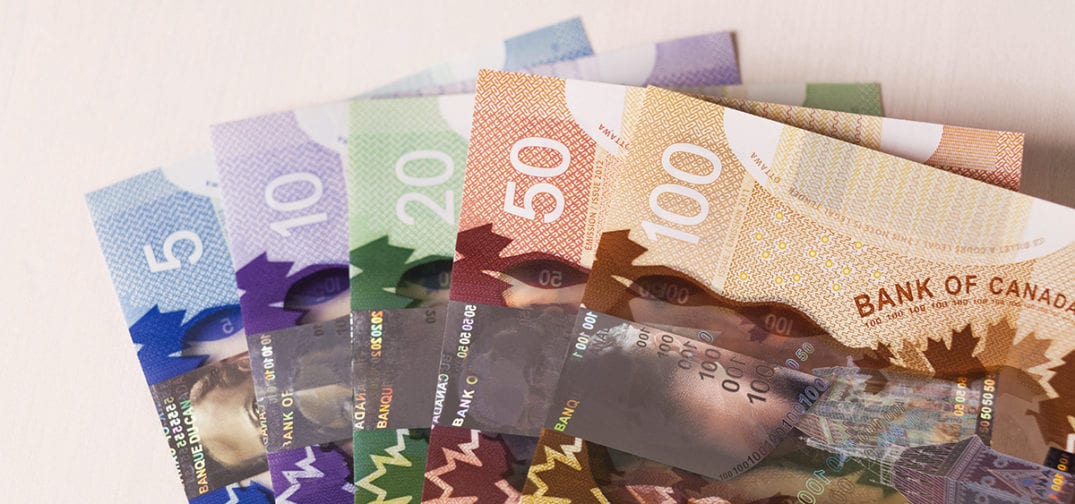Cannabis-derived revenues in Canada didn’t meet government expectations during the country’s first fiscal year of legalization, totaling $18 million on estimates of $35 million, the National Post reports. The less-than-expected revenues from 2018-2019 have forced the government to lower their expectations for this fiscal year from $100 million to $66 million.
Officials are still betting on cannabis tax revenues to reach $135 million next year and to $220 million by 2023, according to a House of Commons report.
Finance Minister Bill Morneau’s press secretary, Pierre-Olivier Herbert, defended cannabis legalization despite the lower-than-anticipated revenues, telling the Post that the reforms were meant to ensure there is a safe, legal, market and that the government “implemented a strict legal framework to regulate and restrict access to cannabis” in order to keep it “out of the hands of youth, and profits out of the pockets of criminals and organized crime.”
“Various factors contribute to excise tax revenues including the volume of sales and available supply. Provinces are responsible for distribution, licensing and overseeing the distribution and sale of cannabis.” – Herbert, to the National Post
Ontario made $217 million in cannabis sales during the last fiscal year – the most of any province – followed by Alberta with $196 million and Quebec with $195 million. In all cannabis sales throughout the nation topped $907 million last year, according to the report.
The national rollout of legal cannabis sales didn’t include so-called “alternative” cannabis products, such as edibles and topicals which hit most store shelves in mid-December. The exclusion of those products at the onset likely had a negative impact on first-year sales. Illegal cannabis products were also cheaper than their legal counterparts, according to Statistics Canada which found illegal flower products were about $4 less per gram than in the legal market.
Get daily cannabis business news updates. Subscribe
End
